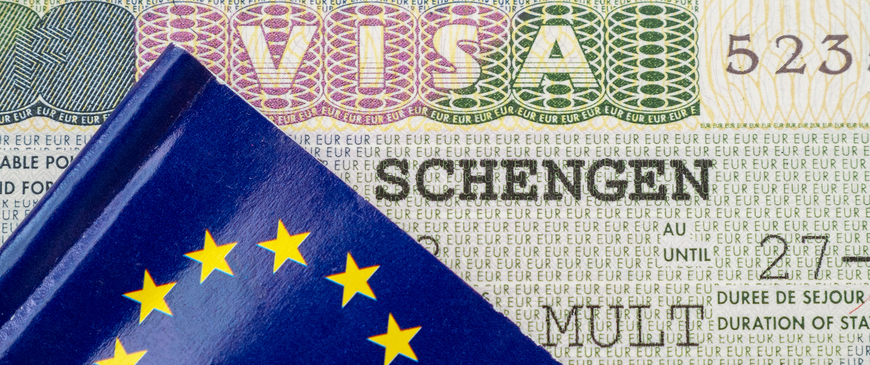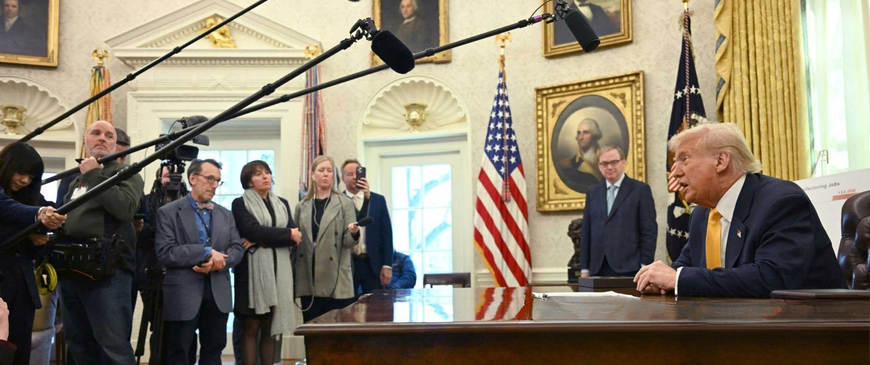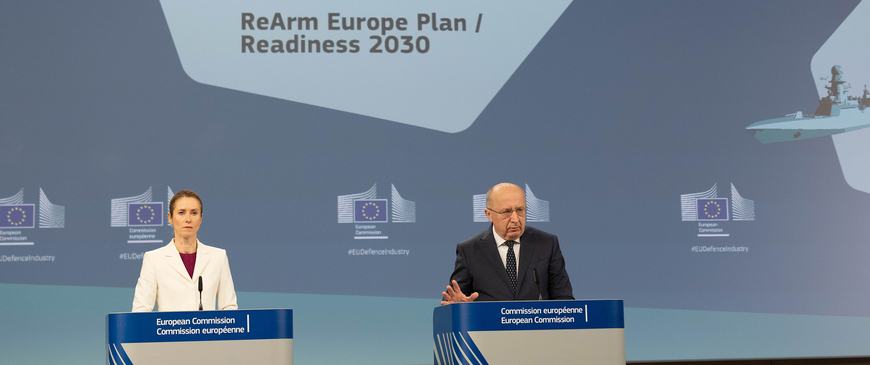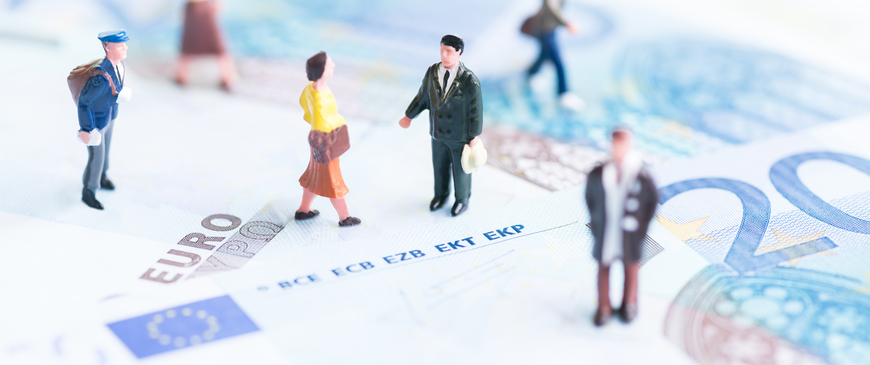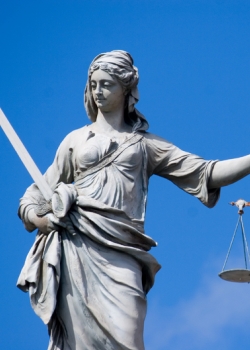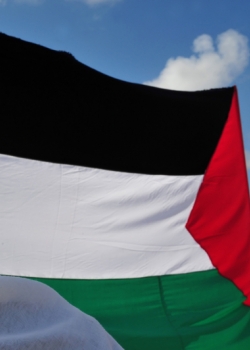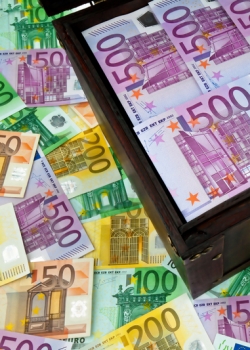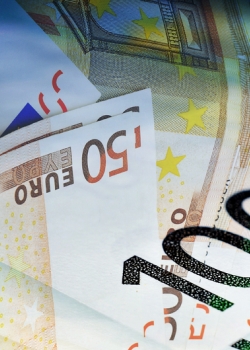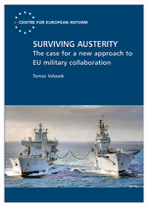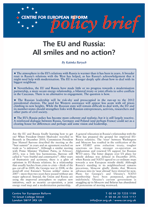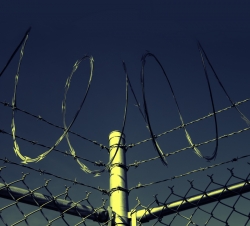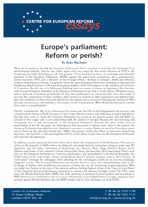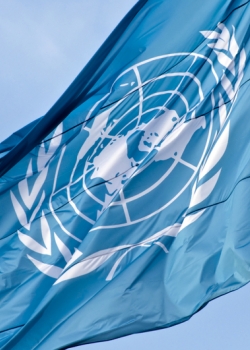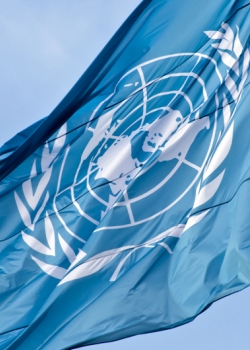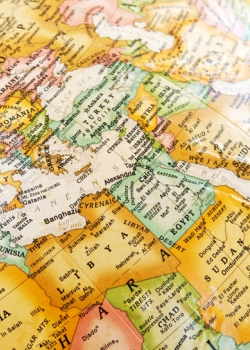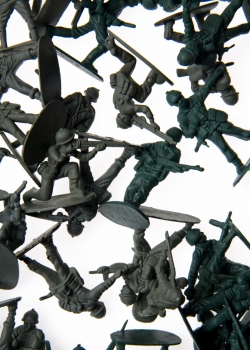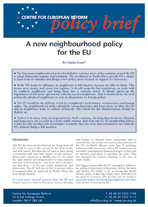Research
The politics of European justice
01 June 2011
The EU's least understood institution is its Court of Justice, which is seated in a stockade-like building in Luxembourg. For over half a century, judges there have quietly adjudicated, mainly between European governments, institutions and businesses.
Palestinian reconciliation is an opportunity for peace
01 June 2011
The Israeli-Palestinian conflict risks deteriorating further amidst the upheaval in the Arab world and Palestinian efforts to gain recognition at the UN. But one glimmer of hope has emerged.
EU ministers tackle defence austerity
01 June 2011
How do you do more with less? The EU defence ministers agreed last week that the way to limit the impact of the economic crisis on their defence budgets lies in more co-operation.
Issue 78 - 2011
27 May 2011
- Eurozone debt crisis: To restructure or not?, Philip Whyte
- The politics of European justice, Hugo Brady
- Palestinian reconciliation is an opportunity for peace, Clara Marina O'Donnell
Financial regulation: Will British euroscepticism collide with European populism?
21 May 2011
When EU finance ministers met in Brussels on 18 May, many observers expected sparks to fly. The reason? This was the first EU meeting that Britain’s newly-elected government would attend.
Press freedom – the new accession criterion?
16 May 2011
Countries that want to join the EU need to show that their democracies work well. However, press freedom – a key ingredient of any pluralist democracy – is under threat in most of the countries that are now queuing for accession.
Debt restructuring will not end the euro crisis
09 May 2011
Even as the ink is still drying on Portugal’s EU/IMF ‘bail-out’ agreement, it is becoming clear that Greece’s 2010 bail-out has failed to improve the sustainability of its public finances.
Surviving austerity: The case for a new approach to EU military collaboration
22 April 2011
A wave of budgetary austerity is weakening Europe’s defences. The armed forces of Europe will lose important skills and capabilities unless they can find ways of saving money through collaboration. Tomas Valasek examines previous efforts at pooling and sharing, and explains why some succeeded better than others. The formation of...
Can the Arab spring bring peace to the Middle East?
21 April 2011
Many western diplomats and observers argue that the popular uprisings in North Africa and the Middle East reinforce the need for Israelis and Palestinians to return to peace talks.
The EU and Russia: All smiles and no action?
18 April 2011
The relationship between the EU and Russia has been warmer than it has been for year. Yet there has been little progress on a new bilateral treaty, an energy dialogue, the new modernisation partnership or security co-operation.
The June European Council: Migrants on their minds
08 April 2011
In June, EU leaders will meet in Brussels for their next quarterly summit chaired by Council President Herman Van Rompuy. Some of them – Britain's David Cameron and France's Nicolas Sarkozy – are currently fighting a war in Libya. Others, like Angela Merkel and Silvio Berlusconi, are facing political upheaval at home.
Europe's parliament: Reform or perish?
04 April 2011
National MPs feel less and less in control of decisions taken in Europe. Yet they are expected to defend these decisions with the same vigour as the national laws they vote for themselves.
Europe needs a military avant-garde
01 April 2011
A union of 27 member-states is large and unwieldy. So it is not surprising that sub-groups - formal and informal- are playing a bigger role in managing what the EU does. The Euro Group is emerging as an important institution in its own right, with its own summits.
The eurozone's grand bargain: Political pain without economic gain?
01 April 2011
Ever since the eurozone crisis broke out in late 2009, European leaders have sought to reconcile two mutually incompatible objectives: the need to restore market confidence in the zone's indebted periphery; and the unbending refusal of creditor countries in the core to turn the zone into a 'transfer union'.
The EU budget: The Union risks having the wrong debate
01 April 2011
In an age of fiscal austerity, the focus of the forthcoming EU budget talks will be even more strongly on net balances: how much a country pays in and how much it gets back.
Europe's damaging obsession with 'competitiveness'
31 March 2011
Many European policy-makers and business leaders believe that a country's economic growth prospects depend on its ability to capture a growing share of global markets.
Issue 77 - 2011
25 March 2011
- Europe needs a military avant-garde, Charles Grant
- The eurozone's grand bargain: Political pain without economic gain? , Philip Whyte
- The EU budget: The Union risks having the wrong debate, Stephen Tindale
Turkey, the EU and the Mediterranean uprisings
16 March 2011
The revolts in Tunisia, Egypt and Libya have brought home to many people that Turkey has become a force to be reckoned with in this region. Turkey enjoys lots of credibility in the Arab world. It has burgeoning trade ties and solid political relations with many Middle Eastern and Mediterranean countries.
What cuts in US defence budget will mean for the transatlantic alliance
15 March 2011
The US defence budget seems set to fall as Washington begins to restore order in its finances. Spending on the military has reached such heights – $700 billion, or 20 per cent of the US federal budget – that it has become too large for deficit-cutters to ignore.
A new neighbourhood policy for the EU
11 March 2011
The revolutions in North Africa have exposed the failings of the EU's neighbourhood policy. Rather than fostering democracy, the policy entrenched autocracy.


